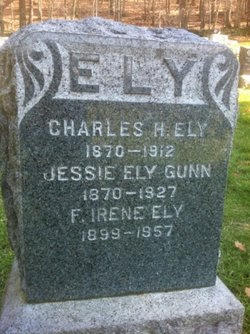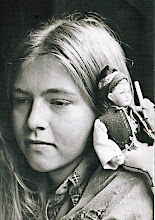Here's a close-up of the tram with a Kodak advertisement on the back and a sign for a Zahnarzt (dentist) office on the corner.
The message on this card is a continuation from a previous card that I don't seem to have, although I do have a few others that express frustration with the cultural differences and bureaucracy in Vienna. This one, in which René recounts the comments of Professor Alois Monti, is particularly interesting though!
Every man of sense here laughs at their
nonsensical customs. But the people, per se, are sensible. When a big
chief comes in hospital, e.g. kids salute him by "Kiss the hand". When
he leaves ditto. When sick kid is brought into clinic they do the act
and as Professor Monti, one of the greatest kid specialists here says,
"they spit the influenza bug, or slobber the germs of diphtheria on your
hand + you rub them into your mustache the next minute!
But in spite of all Vienna peculiarities,
for us it has its charms which we enjoy; its peculiarities make us fat
from laughing at them, so thy too have their good features, you see.
Work continues as usual to be more than
interesting and we manage to keep busy, though next month we intend to
slacken our pace, to get at least 1 hour a day to read up things.
Otherwise no news. regards to all the folks,
kisses to you all,
Your loving brother and son,
René
Here's the back of the card.
If you're interested in reading more of René Bine's correspondence, go to the bottom of the webpage and click on the tag for Dr. René Bine.























